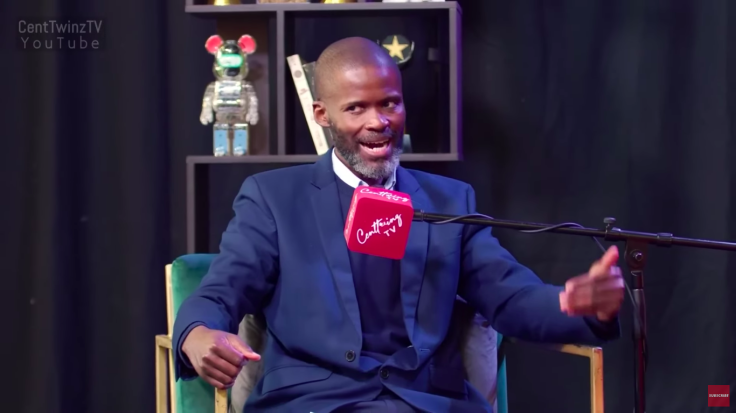Rapture Anxiety: The Lingering Psychological Effects on Believers After Failed Predictions

The collapse of South African pastor Joshua Mhlakela's September 2025 Rapture prophecy has triggered a wave ofpsychological distress among his followers.
In a viral TikTok video, Mhlakela claimed the Rapture would occur on 23-24 September, prompting some believers to quit their jobs, sell possessions, and abandon school or university commitments in anticipation of the event.
When nothing happened, confusion and betrayal spread rapidly online, giving rise to what experts call 'rapture anxiety'..
According to the New York Post, one follower described waking up 'wondering what all those sacrifices were for,' highlighting the very real emotional toll of failed prophecies.
A Long History of Disappointment
Mhlakela's prediction is far from isolated. History shows that failed apocalyptic prophecies often lead to widespread emotional distress.
In 1992, the Dami Mission in South Korea predicted that 144,000 believers would ascend to heaven. When the event did not occur, followers experienced disillusionment, and the group's leader faced legal consequences.
Similarly, in 2011, the American preacher Harold Camping predicted the end of the world, prompting some followers to sell their assets, only to face disappointment and financial loss when the Rapture did not happen.
Psychology Behind Rapture Anxiety
Psychologists link such distress to cognitive dissonance —the discomfort that occurs when strong beliefs clash with reality. To ease this conflict, some believers rationalise failed prophecies or double down on their faith rather than abandon it.
Mental health experts also point to the phenomenon of rapture anxiety, pervasive among those raised in apocalyptic church environments. It manifests as persistent fear of being 'left behind', sleep disturbances, and ongoing anxiety that persists even after a prophecy fails.
According to Psychology Today, anticipation of catastrophic events can itself become a chronic stressor, harming mental well-being and daily functioning.
Emotional Recovery and Support
The fallout from failed apocalyptic predictions underscores the importance of support networks and emotional resilience.
Mental health professionals emphasise that counselling, community engagement, and open discussions about belief and doubt can help individuals process guilt, fear, and confusion.
Encouraging critical thinking while providing emotional support allows followers to regain stability and perspective, according to mental health experts quoted by Psychology Today.
Wider Implications For Society
As the world faces tangible existential threats such as climate change and geopolitical crises, experts caution that apocalyptic belief systems may worsen stress in vulnerable groups.
'Understanding the psychological impact of failed prophecies is key to protecting mental health,' one clinical psychologist told The Guardian. By recognising these patterns, communities and care providers can intervene early, limiting long-term emotional harm.
Mhlakela's failed prophecy illustrates the enduring power—and risk—of end-times predictions. While faith offers comfort to many, when beliefs collapse, the scars left behind reveal the urgent need for support and resilience-building.
© Copyright IBTimes 2025. All rights reserved.





















